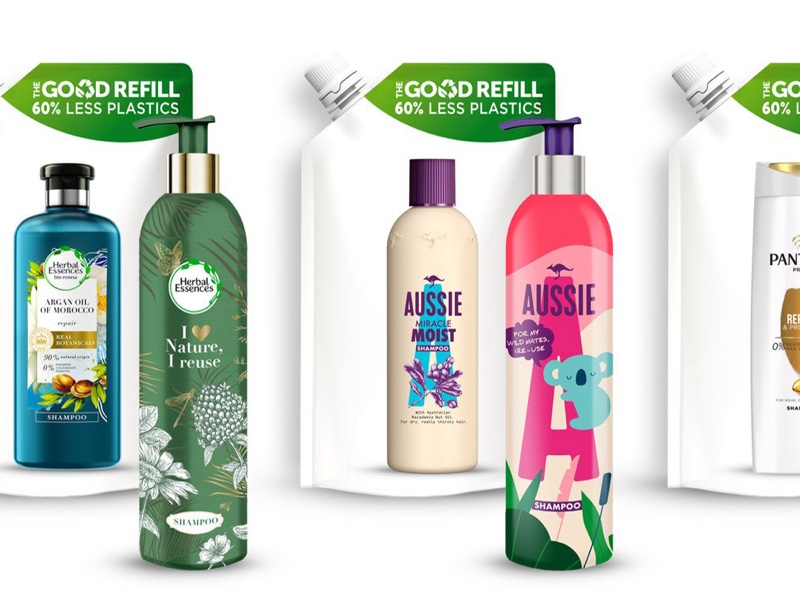More than three quarters of consumers (79%) are sceptical about beauty brands’ sustainability claims, a new report has revealed.
Despite the vast majority (91%) of shoppers saying that sustainability and ethical considerations are important when buying beauty products, the latest data from sustainability marketing provider Provenance highlights an increasing demand for greater transparency from brands to back up their claims.
83% of British beauty shoppers believe the beauty industry could be more transparent about the impact of its products, with only 16% thinking that brands’ sustainability claims are very trustworthy.
The findings come amid a number of controversies that have seen brands such as Kim Kardashian’s SKKN and L’Occitane called out for greenwashing, while common buzzwords such as ‘clean’ beauty claims and ‘ocean-friendly’ sunscreen have also come into question.
Fewer than a third (30%) of consumers find it easy to understand the reasoning behind brands’ waste and recycling claims, with only 26% easily understanding nature and animal welfare-related claims such as ‘reef safe’ and ‘cruelty-free’.
More on brands' sustainability struggles:
-
L’Oréal, P&G and L'Occitane accused of greenwashing in new findings
-
Bondi Sands hit with class action against ‘reef friendly’ sunscreen
Gen Z are leading the way in this transparency push, with 44% of Gen Z shoppers saying that sustainable and ethical considerations are very important to them when buying beauty products – twice as many as those aged over 55 (22%).
Interestingly, the younger generations are also broadening their definition ethical beauty to include not only their impact on nature but brands’ commitment to community and diversity ( which 61% cited as important to purchasing decisions) and how they treat their workers (75%).
“While it might once have been enough to have recyclable packaging or vegan products, brands must now incorporate people, diversity and nature in their sustainability and marketing strategies,” Provenance said in its report.
Nine in ten shoppers check sustainability information when purchasing a beauty product, with most (55%) looking at on–pack information the most common while 37% will check a company’s website and 33% look for information in-store.
85%, however, said that they would trust an independent verifier over on-pack or in-store information, highlighting the disconnect between demand for transparency and lack of consumer trust in brands.

P&G is among the brands that have faced criticism for their sustainability claims
“By giving brands and retailers a way of communicating transparently about sustainability, we in turn empower shoppers to vote with their wallet for a better future,” said Jessi Baker, founder of Provenance, which provides sustainability verification for brands including Cult Beauty, Douglas, Glow Recipe, Weleda, The Ordinary and Summer Fridays.
“This is the whole foundation of Provenance, to protect people and our planet by giving consumers a better understanding of brands’ sustainability claims, and access to proof that they’re legitimate – the opportunity to prevent greenwashing, something that in recent years has become a huge issue with the beauty industry and beyond.
“I wanted to provide a solution for the beauty industry, an independent voice that allowed consumers the opportunity to understand the claims being made, and crucially, to find a way to validate these claims.”
